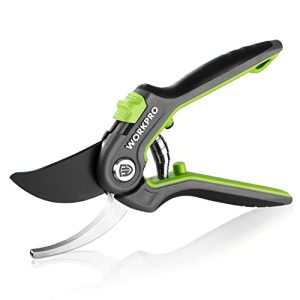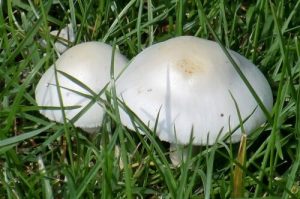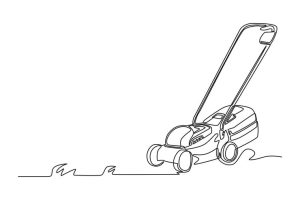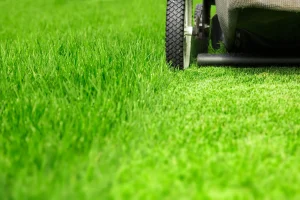Are you a bird lover eager to invite feathered friends to your backyard, but worried about unwelcome visitors like rats? You’re not alone.
Many bird enthusiasts face this challenge. The good news is that you can enjoy the beauty of birds without attracting these pesky rodents. Imagine sipping your morning coffee while watching colorful birds flutter around, all without the stress of dealing with rats.
In this guide, you’ll discover practical tips and clever strategies to feed your birds safely. Dive in and learn how to create a bird-friendly environment that keeps the charm of nature at your doorstep, minus the unwanted guests.
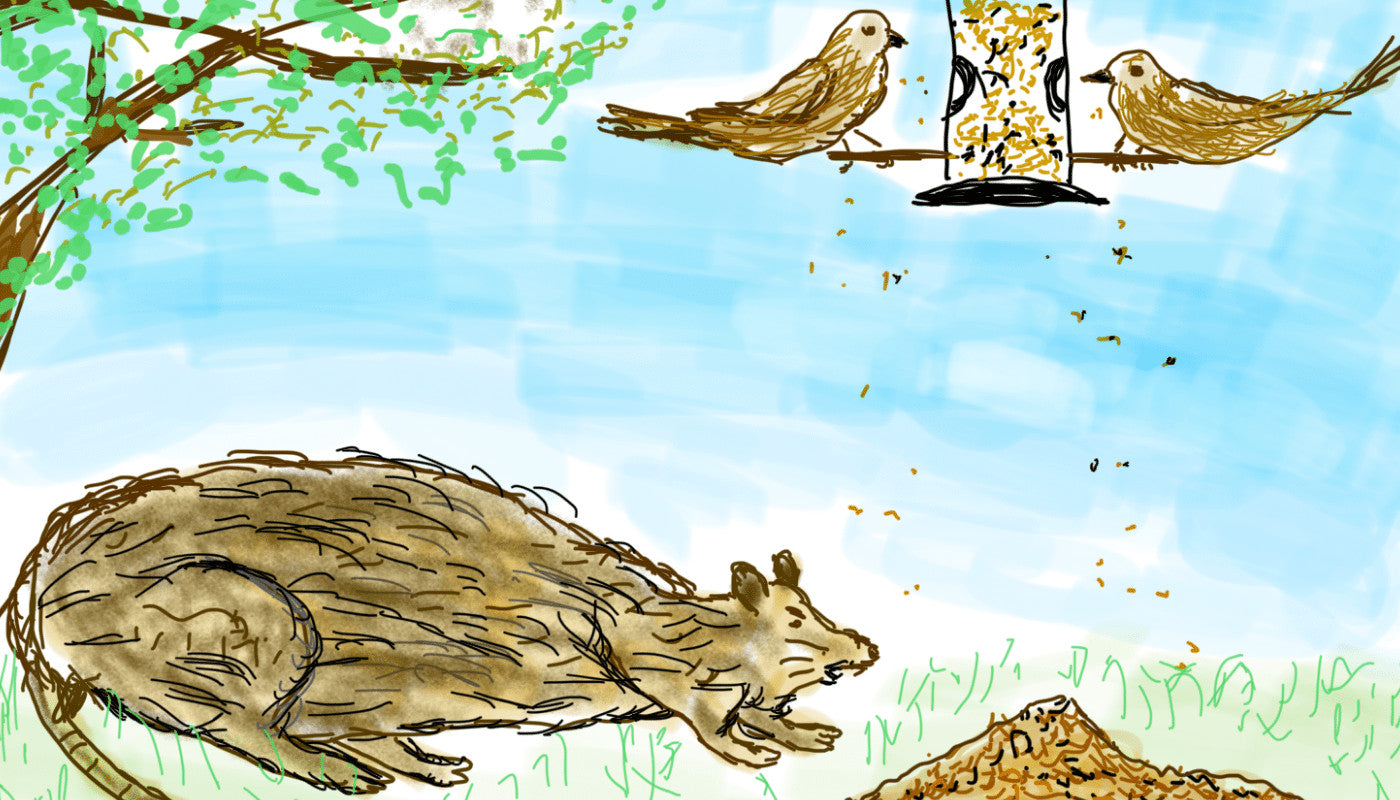
Bird-friendly Feeding Stations
Creating a bird-friendly feeding station can bring joy to your garden. Birds add beauty and life. Yet, feeding birds can also attract unwanted guests like rats. To avoid this, consider smart strategies. Focus on placement and security of feeders.
Choosing Elevated Locations
Place bird feeders in elevated spots. Rats find it hard to reach high places. Use poles or hang feeders from trees. Ensure the location is far from fences or roofs. Rats often use these as bridges to access feeders. Elevated spots keep food safe for birds only.
Secure Bird Feeders
Choose feeders that are rat-proof. Opt for those with weight-sensitive perches. These close when heavier animals try to feed. Secure lids on feeders tightly. This prevents spillage and limits access. Regularly check feeders for any openings or damage. Repair any issues immediately to maintain security. Keep the feeding area clean. Remove spilled seeds to avoid attracting rats.
Selecting The Right Bird Food
Choose bird food that doesn’t attract rats by selecting seeds like safflower and nyjer. Avoid mixed seeds with corn and millet. Use feeders with trays to catch spills, keeping the area clean and less appealing to rodents.
Feeding birds in your backyard is a delightful way to connect with nature, but the uninvited guests—rats—can quickly turn this joy into a nuisance. One of the key strategies to keep your bird-feeding station rodent-free lies in selecting the right bird food. By making informed choices, you can enjoy the beauty of birds without the unwanted company of rodents.Avoiding Seed Spillage
Seed spillage is a common problem that can lead to attracting rats. The more seeds that fall to the ground, the more likely you are to entice rodents into your yard. Consider using feeders with trays or catchers that minimize the amount of seed that falls to the ground. Another practical tip is to choose bird food that is less likely to spill. For example, opting for seed mixes with larger pieces or whole nuts can help reduce spillage. Also, regularly clean up the area beneath your feeders to prevent any buildup of seeds.Rodent-resistant Options
Selecting bird food that rodents find unappealing can be an effective deterrent. Safflower seeds are a great choice because most birds love them, but rats typically do not. Nyjer (thistle) seeds are another option that is less attractive to rodents yet highly favored by finches. You might also consider using hot pepper-treated bird food. Birds don’t mind the spice, but the capsaicin in hot pepper repels mammals like rats. By offering these types of food, you can create a feeding environment that is inviting to birds but not to rodents. Choosing the right bird food can significantly impact your success in feeding birds without attracting rats. Have you tried any of these strategies? Share your experiences or any additional tips in the comments below!Maintaining A Clean Feeding Area
Bird feeding can be a delightful hobby. It connects us with nature and supports our feathered friends. But, it may sometimes attract unwanted guests like rats. Maintaining a clean feeding area helps keep rats away while still inviting birds. A clean spot ensures that only birds enjoy your offerings. Below, learn simple ways to keep your feeding area tidy and rat-free.
Regular Cleaning Routine
Establish a regular cleaning routine. It helps in keeping the area neat. Clean the ground under feeders every few days. Remove spilled seeds and debris. This reduces food sources for rats. Wash feeders weekly with soapy water. Rinse well to remove soap traces. Clean feeders prevent mold and disease. Keep the surrounding area free from clutter. Trim bushes and grass near feeders. This limits hiding spots for rodents. A well-maintained area attracts birds, not rats.
Using Catch Trays
Use catch trays to minimize spillage. Place them beneath feeders to collect seeds. This simple tool keeps the ground clean. Rats find fewer reasons to visit. Choose trays that fit snugly under your feeders. Ensure they are easy to remove and clean. Check trays daily for seed build-up. Empty them regularly to avoid overflow. Catch trays can be a tidy solution. They help maintain a neat feeding area. Less mess means fewer rats around.
Strategic Placement Of Feeders
Choosing the right spot for bird feeders keeps rats away. Hang feeders high and use baffles to block access. Clean up spilled seeds regularly to prevent attracting rodents.
Feeding birds is a delightful activity that connects you with nature, but it can sometimes attract unwanted visitors like rats. One effective way to prevent this is by strategically placing your bird feeders. With careful placement, you can enjoy the chirping of birds without the scurrying of rodents. Let’s dive into how you can do this effectively.Distance From Buildings
Place your feeders at least ten feet away from buildings. This distance reduces the chances of rats using your home as a shelter or climbing structure. Think of your feeders as a separate dining area for the birds. Keeping them away from buildings helps maintain this distinction. It also makes it harder for rats to find their way to your home. Try to place feeders in open spaces. If you have a larger yard, use the middle area. This not only deters rats but also gives birds a safe space to fly in and out.Away From Dense Shrubs
Dense shrubs can serve as hiding spots for rats. When placing feeders, keep them away from these areas. Rats love to hide and forage under cover. By placing your feeders in open areas, you reduce the cover for these pests. This makes your feeding space less attractive to rats. Consider trimming nearby shrubs. This simple act can make a big difference. It opens up the space and discourages rats from hanging around. Are there other spots in your yard that might be rat-friendly? Make a habit of observing where birds congregate and adjust accordingly. This practice helps you create a safer environment for both the birds and your home. Strategic placement of feeders is a practical, easy step that can make a big difference. Are you ready to enjoy birdwatching without unwanted guests?Deterring Rats Naturally
Keeping bird feeders clean and tidy helps deter rats naturally. Use seeds that birds love but rats ignore. Install feeders away from the ground to make food less accessible to rodents.
Feeding birds can be a delightful hobby, but it often comes with the unintended consequence of attracting rats. Luckily, there are natural ways to deter these unwelcome guests while still enjoying the company of your feathered friends. By focusing on sustainable and eco-friendly methods, you can maintain a rat-free bird feeding area without resorting to harsh chemicals.Using Natural Repellents
Natural repellents are a great starting point. Peppermint oil is a popular option; its strong scent is unappealing to rats. Simply soak cotton balls in peppermint oil and place them around your bird feeder. Another method is using cayenne pepper. Sprinkle it around the base of your feeder. Birds are not bothered by the spice, but rats will think twice before venturing too close. Have you tried planting mint or lavender nearby? Both plants have natural repelling properties. Plus, they add beauty and fragrance to your garden.Encouraging Predators
Nature offers its own pest control—predators. Owls, hawks, and even some snakes can help keep rat populations in check. Consider installing an owl box in your yard to attract these majestic birds. Domesticated animals can also play a role. If you have a cat, allow it supervised outdoor time. Cats are natural hunters and can deter rodents just by their presence. Have you ever noticed how a dog’s barking can scatter wildlife? Dogs, too, can be excellent deterrents. Their presence alone can make rats think twice about setting up camp near your feeders. By employing these natural strategies, you can keep your bird-feeding area rat-free while creating a harmonious environment for wildlife. What other natural methods have you found effective in deterring unwanted visitors?
Monitoring And Adjusting Strategies
Strategically place bird feeders to deter rats. Use feeder trays to catch spilled seeds. Opt for rodent-proof feeders and clean regularly.
Feeding birds is a joyful hobby for many, but the last thing you want is to unintentionally invite unwelcome guests like rats to your garden. Monitoring and adjusting your strategies can be the key to keeping your bird feeders rat-free. It’s not a set-it-and-forget-it task; instead, it requires active engagement and adaptability.Regular Observation
Regular observation is the cornerstone of preventing rats. Take time each day to check the area around your bird feeders. Is there spilled seed on the ground? Are there signs of rat activity, like droppings or burrows? If you notice seed accumulation, consider switching to no-mess seed blends. These blends are often more expensive, but they leave little residue behind, minimizing the attraction for rodents. Observing changes regularly helps you catch potential issues before they become big problems.Adapting To Seasonal Changes
Seasonal changes can affect rat behavior and food availability. In winter, natural food sources become scarce, prompting rats to seek new options. This means you might need to adjust how you feed birds during colder months. Consider using platform feeders that don’t spill as much seed. You could also reduce the quantity of food you offer, feeding only what birds will consume in a day. Have you ever noticed how certain bird species flock to your garden during specific times of the year? The same seasonal shifts might attract rats if you’re not vigilant. Adjusting your feeding strategies based on seasonal patterns can be crucial in keeping rats away. By staying observant and being willing to tweak your approach, you can enjoy the beauty of feeding birds without the nuisance of attracting rats. Have you tried any of these strategies in your own garden? What changes made the most difference for you?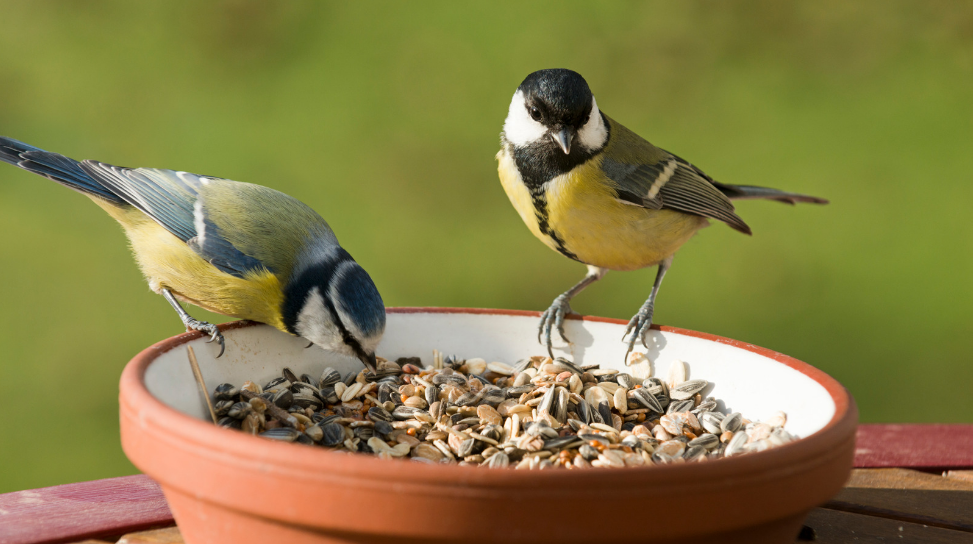
Frequently Asked Questions
How To Feed The Birds But Not The Rats?
Place bird feeders high and use baffles to prevent rat access. Keep feeding areas clean and store birdseed securely. Opt for feeders with small openings to deter rats. Regularly check for and fix any gaps or holes where rats might enter.
Trim nearby vegetation to limit hiding spots.
How To Keep Rats Away From Bird Food?
Secure bird feeders with baffles to prevent rat access. Clean spilled seeds regularly. Store bird food in sealed, rat-proof containers. Use natural repellents like peppermint oil around feeding areas. Trim nearby vegetation to eliminate hiding spots for rats.
What Bird Food Will Not Attract Rats?
Choose bird food like safflower seeds, nyjer seeds, and hot pepper suet. These are less appealing to rats. Clean up spilled seeds regularly to deter rodents. Use feeders designed to minimize spillage and keep bird feeding areas tidy.
How Do You Deter Rats But Not Birds?
Use peppermint oil as a natural rat deterrent, it’s safe for birds. Seal entry points to prevent rat access. Maintain clean surroundings to avoid attracting rats while providing bird-friendly environments. Employ ultrasonic repellents, targeting rats without disturbing birds. Regularly monitor and adjust strategies for effective rodent control without harming birds.
Conclusion
Feeding birds can be a joy. It connects us to nature. But rats can sneak in. Simple steps help keep them away. Clean up spilled seeds. Use bird feeders with trays. Store seeds in sealed containers. Place feeders wisely. Avoid ground feeding.
These actions make a big difference. Enjoy watching birds without worry. Keep your garden safe and clean. Happy bird watching!


